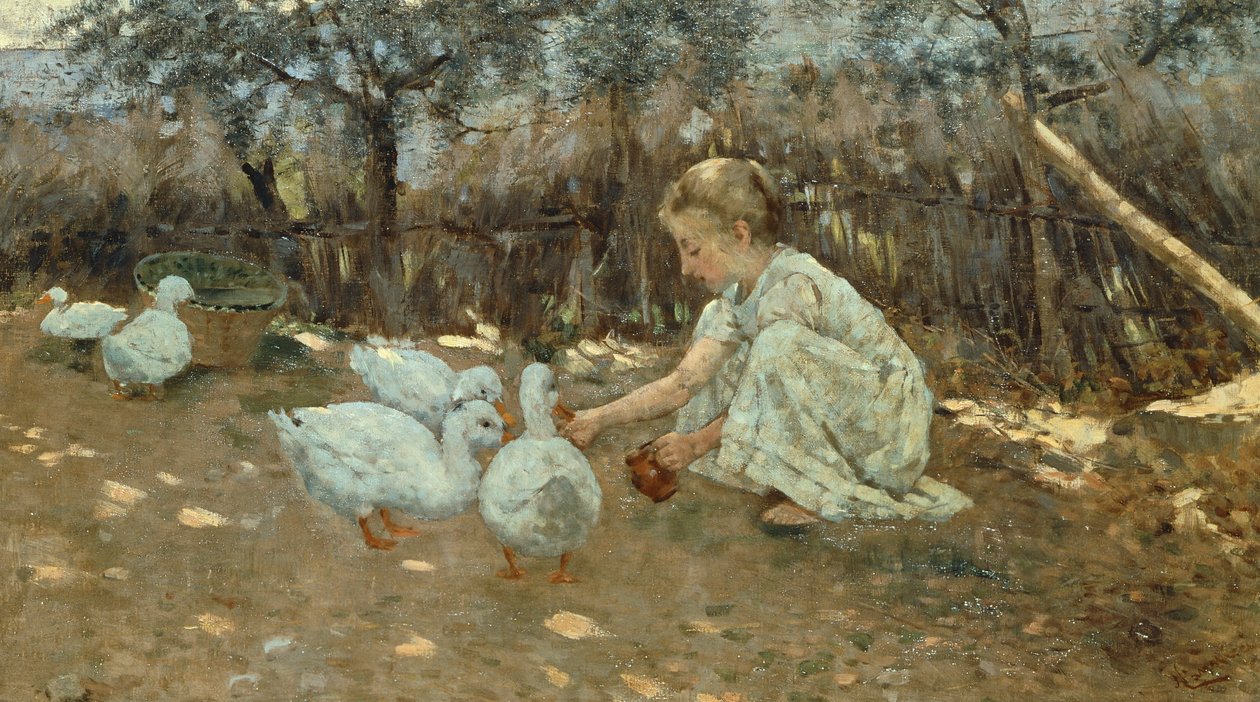In my last post I referred to the fact that some philosophers, specifically those who take a social-engineering bent in their work, might consider the act of reading aloud to my children (or for that matter simply endeavouring to ensure that they both are and feel secure and loved), to be an act that unfairly advantages them, or that at least disadvantages those who are not read to by their parents.
Holding to a notion that simple egalitarianism is an unmitigated good, philosophers Adam Swift and Harry Brighouse made headlines a number of years ago by proposing that “One way philosophers might think about solving the social justice problem would be by simply abolishing the family. If the family is this source of unfairness in society then it looks plausible to think that if we abolished the family there would be a more level playing field.”
It is easy to scoff at such claims and to dismiss such Huxleyan models of ‘social harmony’ as just one more manifestation of the increasingly anti-human and dystopian aspects of (post)modern wokery. Lest we consider this to be a horrifying new idea for a brave new world, it bears keeping in mind that such ideas are not particularly new or exciting. Such ideas go back to Plato himself, to whom Aldred North Whitehead considers all subsequent philosophy but a footnote. He waxes eloquent in his famous Republic about the abolition of the family and the need for the state to take children into their care for much the same reasons as articulated by Swift and Brighouse. But if we get beyond a reactionary scoffing, we might be able to examine some of the questions that this work provokes, and it might then shed a little more light on what really should be perennial questions concerning ourselves, the circumstances in which we live, and how we are then to be and act in the world.
While perhaps a little wide of the mark, the simple egalitarianism idealised by Swift and Brighouse is seemingly well motivated. Indeed, we might even be able to locate some Christianish roots in such ideas—even if they have been somewhat perverted. Such egalitarianism rests on largely unexamined and thus implicit and therefore easily misunderstood Christian ideas: notions such as the unrepeatability of the person, and the fact that all are possessed of an inherent dignity is not simply something that is accessible to human reason alone unaided by Divine revelation. The belief that all women and men are intrinsically lovable and worthy of love, is not self-evident but is evidenced by virtue of their mere existence as creatures, that is having been created and held in existence in the image and likeness of God who is love.
When these or other philosophers or pundits argue that fostering a family environment where children feel loved is unfairly disadvantaging others who are not so fortunate, perhaps it is worth pausing and considering what is it that is underneath such claims. The claim that all are deserving of a ‘fair go’ is not in and of itself a bad one, but it begs a more fundamental question regarding what it is, in fact, fair – what is it that we ‘deserve’, what are we owed? Are we all owed a fair start? Are we owed an education, or a loving family?
Questions such as these take on a distinctly modern flavour as they tend to open on to discussions of individual ‘rights’ (and less often individual ‘duties’). To my mind, however, these questions often shoot right past some initial premises that we all to easily take for granted, namely that we exist at all.
This posture, of ‘taking for granted’ is precisely the posture that, I think, gives rise to some of the answers proposed by the philosophers mentioned above and those of like minds. Endemic to the modern mentality is an attitude – what we might call ‘naturalism’ – that takes existence for granted, and which thus conceives of the person as an atomised individual. This is born out in the realm of political philosophy in early modern social contract theories, which in the words of Bertrand de Jouvenel are simply the views of ‘childless men who must have forgotten their own childhood.’
Forgetting my own contingency – the fact that I do not exist necessarily, that I do not have to be, that I am given my existence – I easily fall into the trap of thinking that I am self-made, and that I am thus (or at least should be) self-reliant. Relations, be they familial or otherwise, then take on the patina of imposition rather than being the thing that is really constitutive of my person.
If this radical individualism is our original or desired state, then any relation (or lack thereof) is somehow considered to be impinging or improving upon our natural selves. This is how some can come to see the atmosphere of love and security that is exemplified in the simple act of reading aloud to your child as something that is an unfair advantage in comparison to those who do not have such an opportunity.
But what if, instead of taking our existence for granted, we received it as the gift that it is? What if we received our own existence and that of an other, any other, as a gift? There is much that has been said about such a posture towards reality, but one thing is for sure: received as the gift which it is, life – both my own and that of others – then becomes utterly gratuitous, something to which the only adequate response is gratitude.
The task living then, of raising one’s children etc., becomes little more than responding to the gratuitous gift of what is given, both of my own life and of theirs. Living, and parenting, then becomes an act of thanksgiving (εὐχαριστία – eucharistia) that overflows into the way we live with and treat others. What we ‘deserve’ then is both everything and nothing at all. It is all gift.


